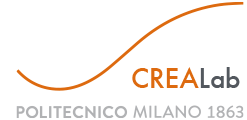An adaptive ALE scheme for non-ideal compressible fluid dynamics over dynamic unstructured meshes
This paper investigates the application of mesh adaptation techniques in the non-ideal compressible fluid dynamic (NICFD) regime, a region near the vapor–liquid saturation curve where the flow behavior significantly departs from the ideal gas model, as indicated by a value of the fundamental derivative of gasdynamics less than one. A recent interpolation-free finite-volume adaptive scheme is exploited to modify the grid connectivity in a conservative way, and the governing equations for compressible inviscid flows are solved within the arbitrary Lagrangian–Eulerian framework by including special fictitious fluxes representing volume modifications due to mesh adaptation. The absence of interpolation of the solution to the new grid prevents spurious oscillations that may make the solution of the flow field in the NICFD regime more difficult and less robust. Non-ideal gas effects are taken into account by adopting the polytropic Peng–Robinson thermodynamic model. The numerical results focus on the problem of a piston moving in a tube filled with siloxane (Formula presented.), a simple configuration which can be the core of experimental research activities aiming at investigating the thermodynamic behavior of NICFD flows. Several numerical tests involving different piston movements and initial states in 2D and 3D assess the capability of the proposed adaption technique to correctly capture compression and expansion waves, as well as the generation and propagation of shock waves, in the NICFD and in the non-classical regime.
DOI / ISBN: 10.1007/s00193-018-0840-2
Authors
B. Re, A. Guardone
Year
2018
Source
Shock Waves, 13 July 2018, Pages 1-27

